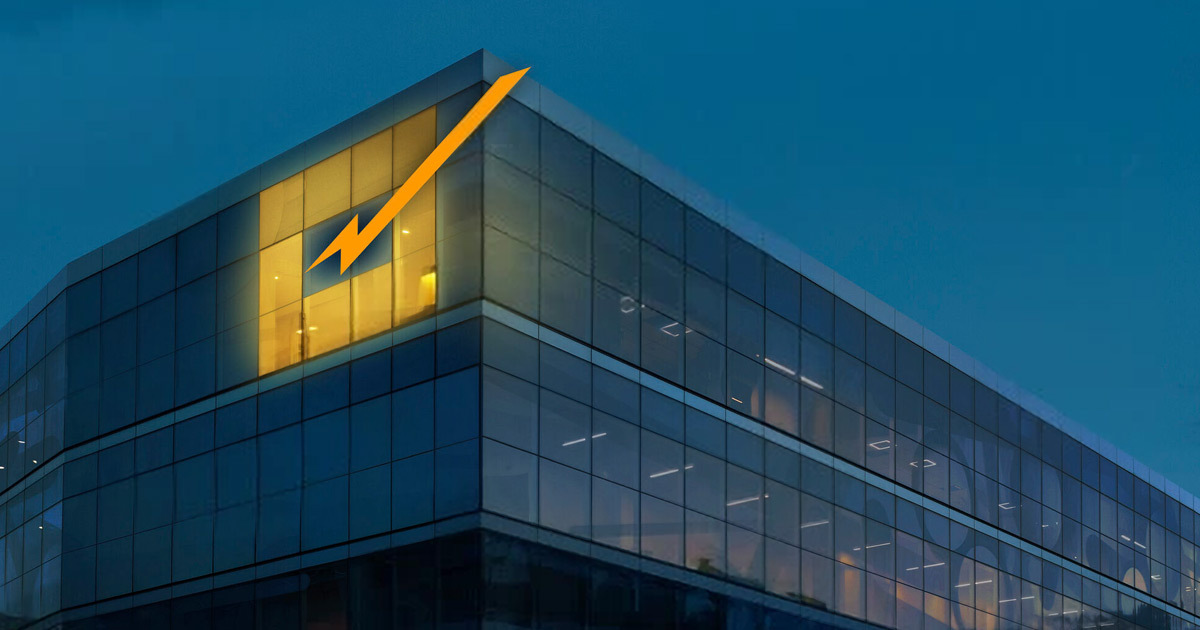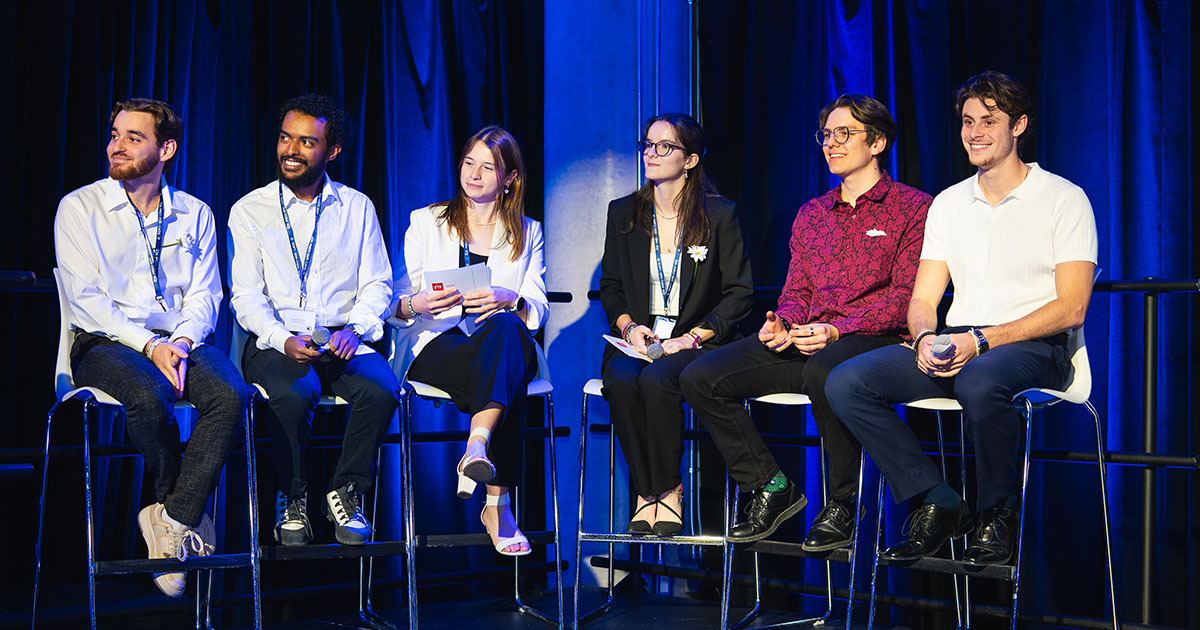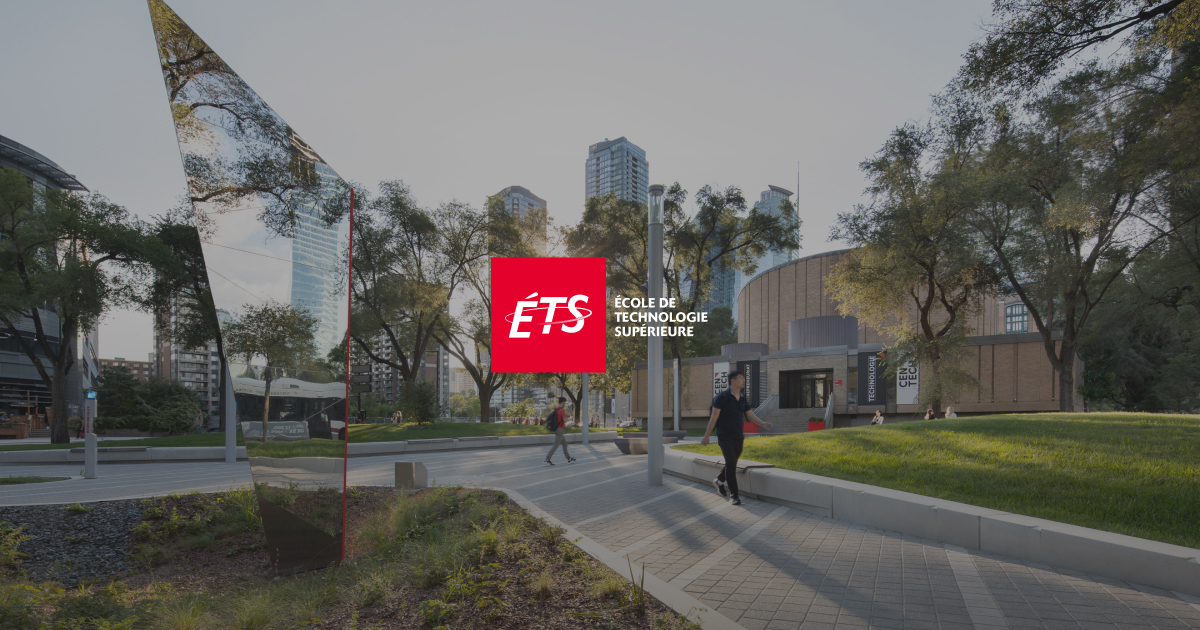Developing True Passion for Research at the Dynamo Laboratory

The featured image was bought from Istock.com. Copyrights.
In the aviation industry, safety is a key issue. In this respect, rigorous maintenance and prevention work is regularly performed. These inspections are usually lengthy and expensive. As a result, the industry is constantly looking for innovative ways to shorten investigation time, malfunction repair time, and ultimately, inspection frequency. Currently, the approach is to comply with planned maintenance schedules, but a more response-based approach is increasingly being recommended. This approach consists of monitoring structural health. The technique involves ongoing structural analysis in order to detect or monitor defects using non-invasive methods. These inspections are generally quick and efficient, with the ultimate goal of planning interventions only when appropriate or absolutely necessary.
In such finely specialized fields as non-destructive analysis, university research is very exciting. It helps expand knowledge on a continual basis and, by the same token, train specialists who are valuable to the industry, as they can use, understand and improve on current techniques. I am the recipient of two NSERC Undergraduate Student Research Awards (USRA). I had the opportunity to complete two internships in a university research environment at ÉTS, with Professor Pierre Bélanger at the Research Laboratory in Machine, Process and Structural Dynamics, Dynamo. These experiences literally changed my life. They gave me the drive to succeed throughout my studies and additional motivation to excel.
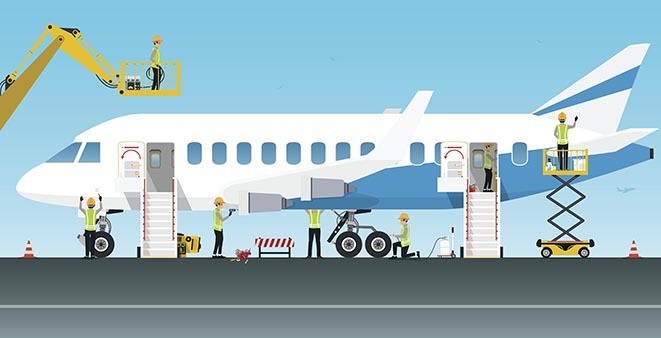
A Defining Experience
For me, the revelation came at the beginning of my first internship. I was working with a Ph.D. student who needed high-temperature measurement results—I’ll spare you the details. Finally, after a month of hard work, we were successful. We had before us something that no one else in the world had managed to achieve. It was not the answer to a given physics problem, but the result of several weeks of trial and error. It is very rewarding to be the first to see something unique in the world. This sense of accomplishment is incredible and represented a turning point in my life.
That being said, there are not only incredible discoveries in the life of a researcher. My job involves conducting simulations with different software and calculating wave propagation behaviours. Most of it involves programming with Matlab and Python. Each day, I find that my research activities greatly facilitate my learning process. Indeed, I often implement concepts from my classes that I never thought I could use. And I also learn the foundations of concepts that will be addressed in upcoming courses. The knowledge that I use in my research activities reinforces the notions acquired in my previous classes. What is more, I learn more advanced concepts that allow me to focus on new elements when I start new classes. In addition, a certain level of scientific rigour must be maintained within the research environment, which is a great advantage when comes the time to do laboratory work and report writing, often requiring less effort, and the results are more complete and more professional. In addition, given the physical proximity to the school, it is easy to take a class during the internship, which can speed up the journey.
A Taste for Research
As a student researcher, I cannot see myself stopping at the undergraduate level. I am currently applying for funding to complete the ÉTS Undergraduate to Master’s Fast Track Program, in the fall of 2018. Through this program, a master’s degree can be started before having completed the bachelor’s degree, and be shortened by eight months. The goal of my Master’s degree will be to increase my knowledge and to gain professional skills applicable to non-destructive testing, or more specifically, to ultrasound imaging. I am also excited by the opportunity of being able to exchange with members of the scientific community in that field. After my master’s degree, I am seriously considering pursuing a Ph.D., ultimately to become a professor or researcher in a national research centre.
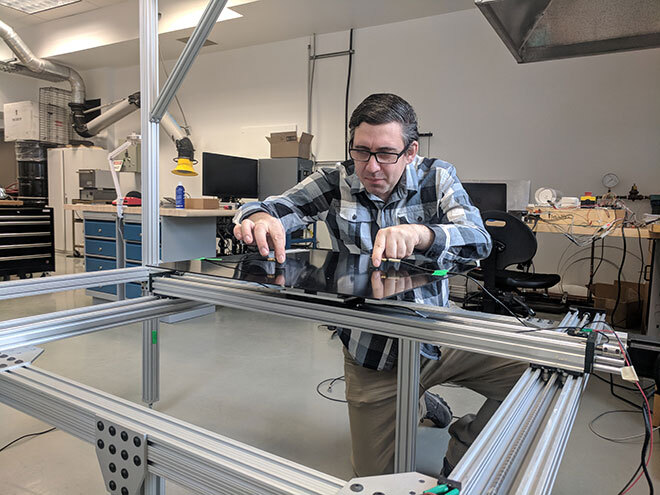
Finally, it is true that a researcher’s work is somewhat solitary, taking place mostly between a student and a supervisor. As a result, social interaction becomes very important and I am fortunate to be part of the best laboratory team I know. This sense of belonging is so important to me that it is where I get most of my day-to-day motivation. The prevailing team spirit and sense of collaboration really promote knowledge sharing.

